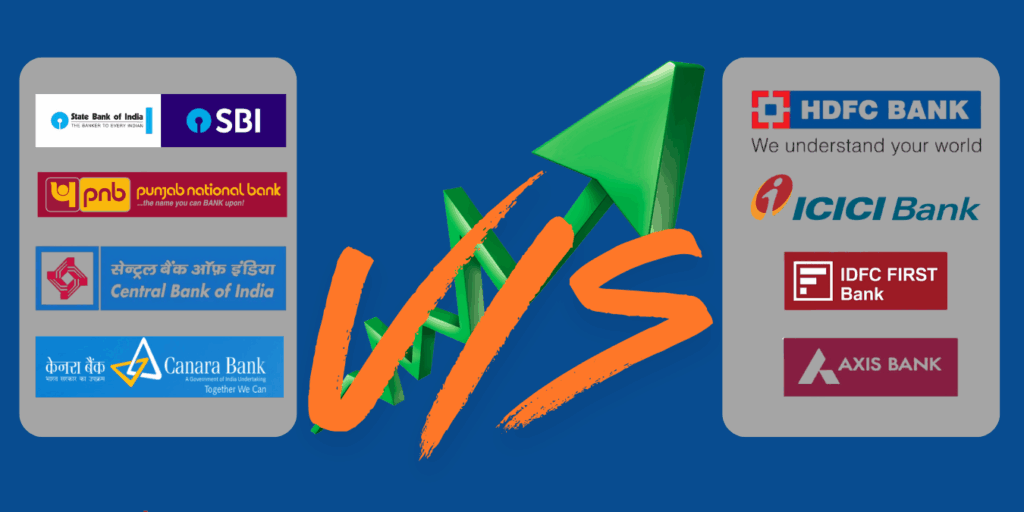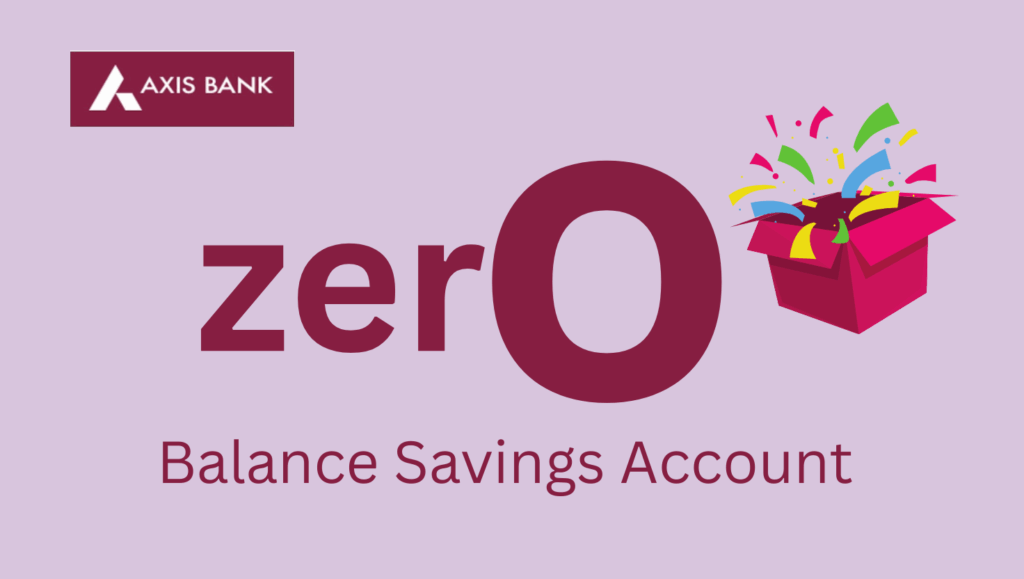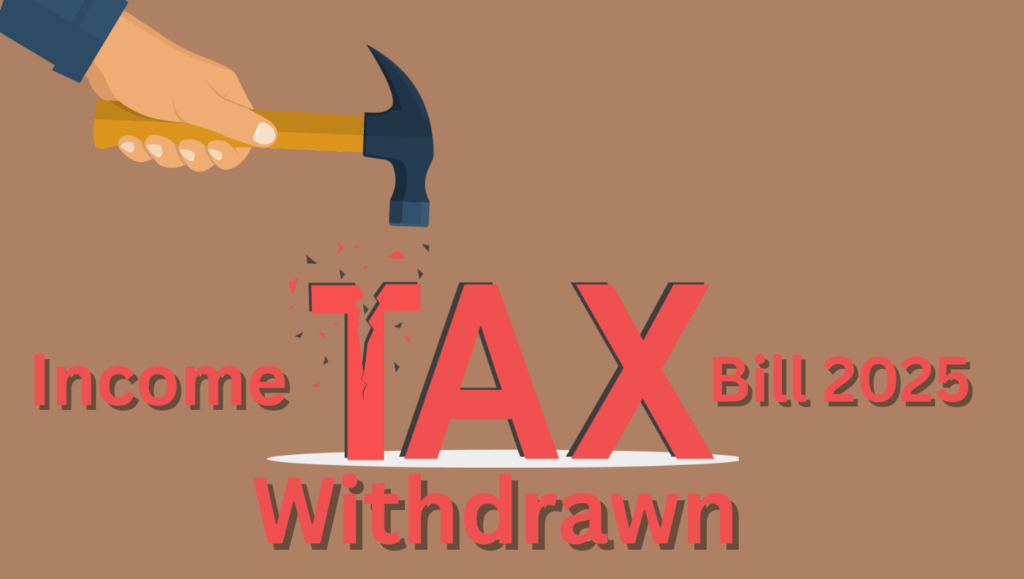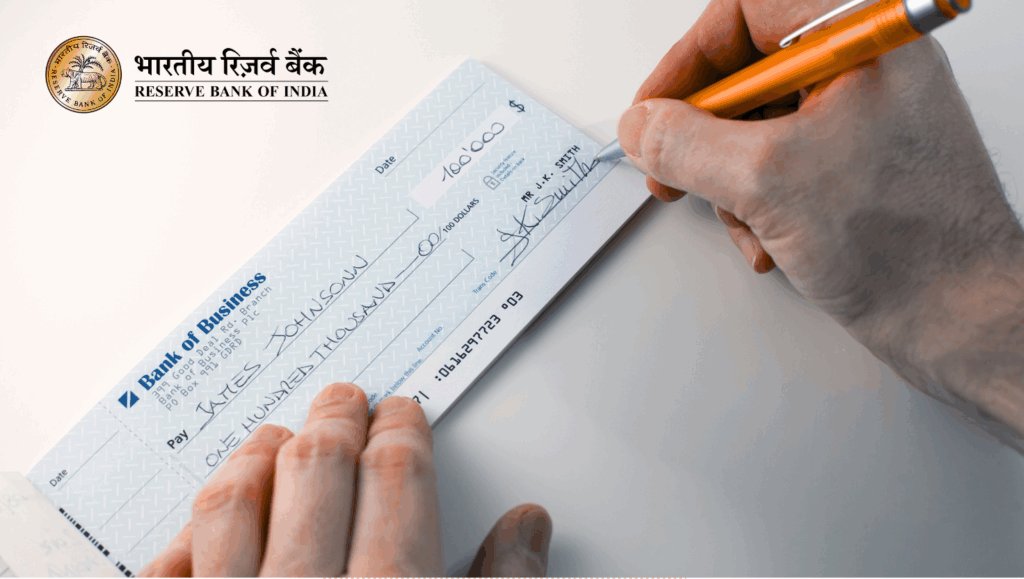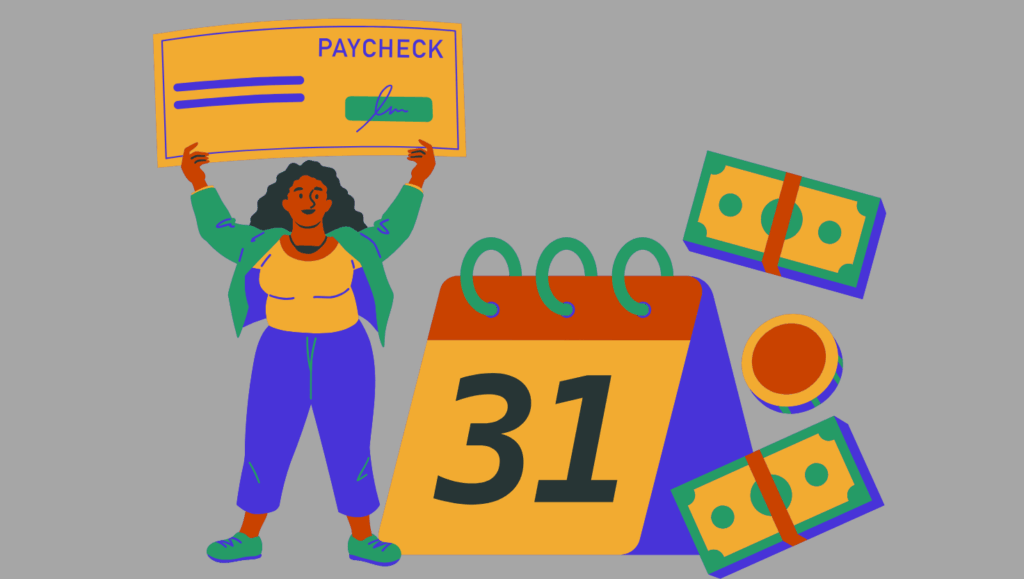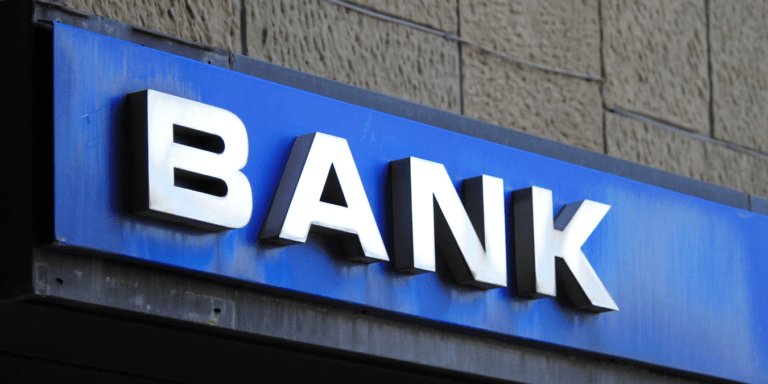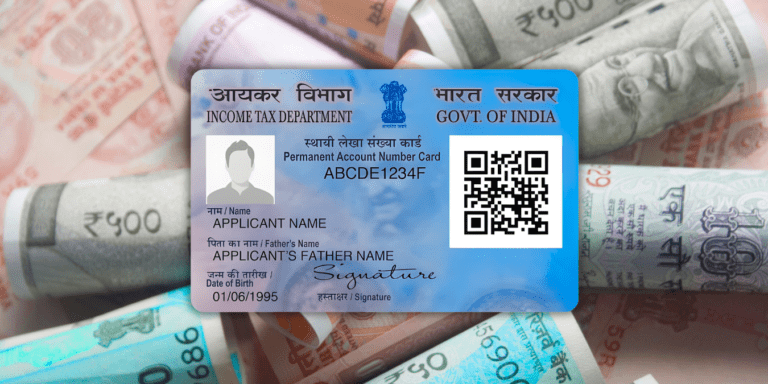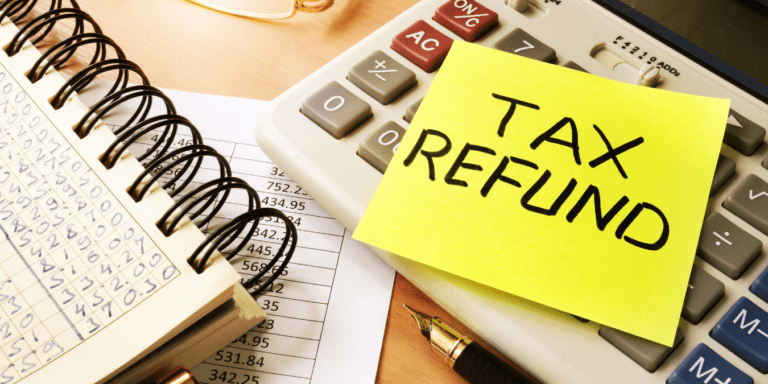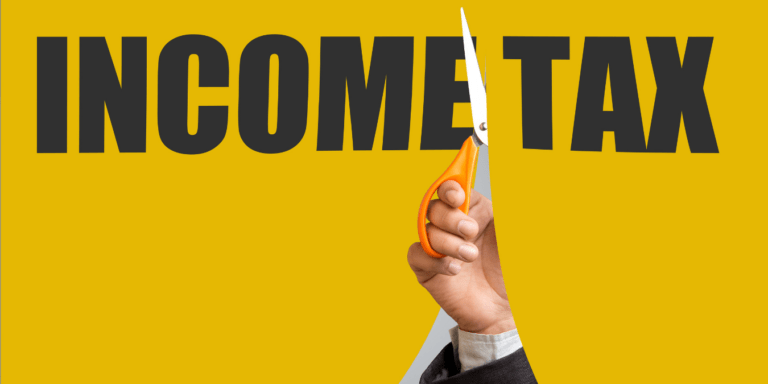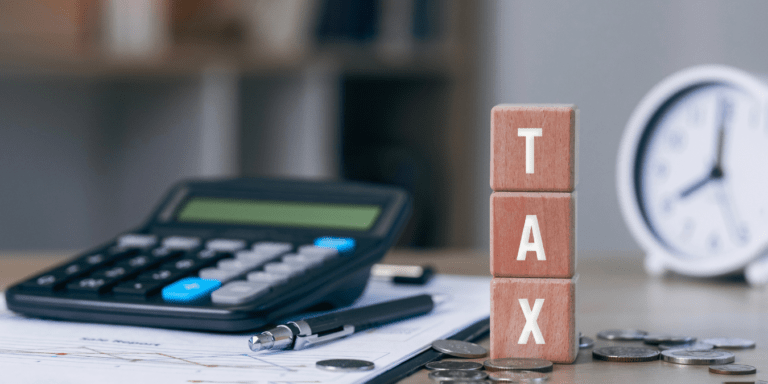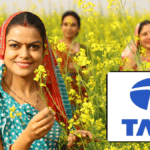
One-Time Interest Waiver for New Tax Regime Tax Demand: Act Before December 31, 2025 to Save Big
Did you get an unexpected tax demand in 2025 under India’s new tax regime? Don’t panic! The CBDT’s one-time interest waiver can save you from hefty penalties if you act by December 31, 2025. Uncover why these demands arose, who qualifies, and how to settle dues without interest. This guide reveals insider tips to avoid future tax traps and secure financial relief. Curious? Dive into our detailed steps and ensure compliance before the deadline to protect your wallet!
In 2025, the Indian tax landscape underwent a transformative shift, with the Central Board of Direct Taxes (CBDT) introducing a one-time interest waiver under Circular No. 13/2025. This relief targets taxpayers facing unexpected tax demands due to rectifications in rebate claims under Section 87A within the new tax regime (Section 115BAC). By understanding and acting on this waiver, taxpayers can avoid hefty interest penalties and streamline compliance in this evolving tax environment. This comprehensive guide breaks down the waiver, its implications, and actionable steps to help you save money and stay compliant.
What is the One-Time Interest Waiver for Tax Demands?
The one-time interest waiver is a CBDT initiative to waive interest charges under Section 220(2) of the Income-tax Act, 1961, for delayed payments of tax demands arising from rectifications under the new tax regime. Announced in September 2025, this relief applies to taxpayers who settle these demands by December 31, 2025.
Key Features of the Waiver
- Scope: Covers interest on tax demands caused by erroneous Section 87A rebate claims on incomes taxed at special rates (e.g., short-term capital gains, lottery winnings).
- Objective: Eases financial burdens for honest taxpayers affected by technical errors during tax return processing.
- Deadline: Full payment of the revised tax demand must be made by December 31, 2025, to avoid interest under Section 220(2).
- Authority: Invoked under CBDT’s discretionary powers via Section 119 of the Income-tax Act.
This waiver is a lifeline for salaried individuals, small taxpayers, and others caught off-guard by rectification orders, offering a chance to settle dues without additional costs.
Why Did These Tax Demands Arise?
The new tax regime, introduced under Section 115BAC in Budget 2023 and effective from Assessment Year (AY) 2024-25, simplified tax slabs by offering lower rates but eliminated several deductions and exemptions. This shift led to unintended errors in tax processing, particularly with rebate claims under Section 87A.
Background of the Issue
- New Tax Regime Overview: Section 115BAC offers concessional tax rates but disallows deductions like Section 80C, 80D, and home loan interest for self-occupied properties. Special rate incomes (e.g., capital gains, lottery winnings) are also excluded from rebates.
- Processing Errors: Some taxpayers were mistakenly granted Section 87A rebates on special rate incomes due to system glitches or misinterpretations during return filing.
- Rectification Orders: The Centralized Processing Centre (CPC) identified these errors, issuing rectification orders that resulted in additional tax demands.
- Interest Liability: Normally, delayed payment of such demands incurs interest under Section 220(2), significantly increasing the financial burden.
These errors primarily affected taxpayers who opted for the new tax regime, especially those with mixed income sources, leading to unexpected demands and potential interest penalties.
CBDT Circular No. 13/2025: Key Provisions
The CBDT’s Circular No. 13/2025, issued in September 2025, outlines the specifics of the one-time interest waiver to address these rectification-related demands. Here’s a detailed look at its provisions:
Key Provisions of the Circular
- Interest Waiver: Interest under Section 220(2) is fully waived if the rectified tax demand is paid by December 31, 2025.
- Post-Deadline Consequences: If payment is delayed beyond December 31, 2025, interest will accrue from the day after the standard 30-day payment period ends.
- Target Audience: Primarily benefits salaried individuals, pensioners, and small taxpayers under the new tax regime affected by erroneous rebate claims.
- Non-Applicability: The waiver does not cover other types of tax demands, such as those unrelated to Section 87A or non-rectification issues.
This circular reflects the government’s commitment to reducing compliance burdens and supporting taxpayers impacted by procedural errors.
Who is Eligible for the Interest Waiver?
Not all taxpayers with tax demands qualify for this waiver. Eligibility is specific to those affected by rectification orders under the new tax regime.
Eligibility Criteria
- Tax Regime: Must have filed returns under the new tax regime (Section 115BAC) for AY 2024-25 or 2025-26.
- Demand Source: The tax demand must stem from rectification orders correcting erroneous Section 87A rebate claims on special rate incomes.
- Payment Deadline: The outstanding tax demand must be cleared by December 31, 2025.
- Taxpayer Type: Applies to individuals, HUFs, AOPs (excluding co-operative societies), BOIs, and artificial juridical persons.
Taxpayers with business income who opted out of the new regime via Form 10-IEA may not be affected unless their rectification relates to special rate incomes.
How to Check if You’re Affected by a Tax Demand
To determine if you qualify for the waiver, you need to identify whether you’ve received a rectification order. Follow these steps:
Steps to Verify Tax Demand
- Log into the E-Filing Portal: Visit www.incometax.gov.in and log in using your PAN and password.
- Check Outstanding Demands: Navigate to the “Pending Actions” > “Outstanding Tax Demand” section to view any notices or demands.
- Review CPC Communications: Look for emails or SMS from the Income Tax Department regarding rectification orders or additional tax demands.
- Validate Demand Details: Confirm if the demand relates to a Section 87A rebate adjustment or Section 115BAC issues. Cross-check with Form 26AS or AIS for accuracy.
If you find a relevant demand, act promptly to verify its legitimacy and plan payment to avoid interest accrual.
Step-by-Step Guide to Avail the One-Time Interest Waiver
To benefit from the interest waiver and ensure compliance, follow this detailed process:
How-to Steps
- Access Your Income Tax Account: Log into the e-filing portal (www.incometax.gov.in) with your credentials.
- Locate the Tax Demand: Go to “Pending Actions” > “Outstanding Tax Demand” to view details of the rectification order.
- Verify the Demand Reason: Ensure the demand is linked to Section 115BAC adjustments or erroneous Section 87A rebates on special incomes.
- Calculate the Payable Amount: Review the demand notice to confirm the exact tax amount due, excluding any interest for now.
- Make the Payment: Use online payment options (net banking, UPI, or debit/credit card) on the portal to clear the demand by December 31, 2025.
- Save Payment Proof: Download and store the payment challan or acknowledgment for future reference or potential disputes.
Pro Tip
- Use the portal’s “Response to Outstanding Demand” feature to confirm payment and ensure the demand is marked as settled.
Benefits of the One-Time Interest Waiver
This waiver offers significant advantages, particularly for middle-class and salaried taxpayers. Here’s why it matters:
Key Benefits
- Financial Savings: Eliminates interest charges under Section 220(2), which can range from 1% per month, reducing the overall tax burden.
- Simplified Compliance: Encourages timely payment without the need for prolonged disputes or litigation.
- Support for Honest Taxpayers: Protects those affected by CPC errors, ensuring fairness in tax administration.
- Improved Cash Flow: Allows taxpayers to settle dues without additional penalties, freeing up funds for other financial goals.
For example, a taxpayer with a ₹50,000 tax demand could save ₹6,000 annually in interest (at 1% per month) by paying before the deadline.
Common Questions About the Interest Waiver
Taxpayers often have queries about the waiver’s scope and implications. Here are answers to frequently asked questions:
- Does the waiver apply to all tax demands under the new regime?
No, it’s limited to demands from rectification orders related to erroneous Section 87A rebates on special rate incomes. - What if I miss the December 31, 2025, deadline?
Interest under Section 220(2) will accrue from the day after the standard 30-day payment period, increasing your liability. - Can I opt for the old tax regime to avoid such issues?
Yes, salaried taxpayers can switch to the old regime annually by selecting the option in their ITR, potentially avoiding similar errors. - Does the waiver affect my right to appeal?
No, you can still challenge the demand’s validity through appropriate channels, but paying by the deadline ensures no interest accrues.
Pro Tips to Avoid Future Tax Demand Issues
Preventing rectification-related demands requires proactive tax management. Here are expert tips to stay ahead:
Pro Tips
- Double-Check ITR Filings: Ensure rebate claims align with Section 115BAC rules, especially for special rate incomes.
- Stay Informed: Monitor updates on tax laws, particularly Sections 115BAC and 87A, via the Income Tax Department’s website or trusted sources like ClearTax.
- Use Updated Software: File returns using tax software updated with 2025 regulations to minimize errors.
- Respond to Notices Promptly: Address CPC communications immediately to avoid escalating demands or penalties.
Common Mistakes Leading to Tax Demands
Many taxpayers face rectification orders due to avoidable errors. Here’s what to watch out for:
Frequent Errors
- Incorrect Rebate Claims: Claiming Section 87A rebates on ineligible incomes like capital gains or lottery winnings.
- Ignoring Notices: Failing to respond to CPC rectification orders, leading to interest accumulation.
- Assuming Automatic Waiver: Believing the waiver applies without timely payment of the principal tax demand.
- Last-Minute Compliance: Delaying demand verification or payment, risking missed deadlines.
By addressing these pitfalls, you can minimize the risk of unexpected demands in future filings.
Comparing Old vs. New Tax Regime for 2025-26
To understand the context of these demands, it’s helpful to compare the old and new tax regimes, as the choice impacts rebate eligibility and potential errors.
Old vs. New Tax Regime
- Old Regime:
- Higher tax rates but allows deductions (e.g., Section 80C, 80D, 24(b) for home loan interest up to ₹2 lakh).
- Section 87A rebate up to ₹12,500 for incomes up to ₹5 lakh.
- Suitable for those with significant deductions.
- New Regime:
- Lower tax rates, no deductions except standard deduction (₹75,000) and NPS contributions (Section 80CCD(2)).
- Section 87A rebate up to ₹25,000 for incomes up to ₹7 lakh, but not applicable to special rate incomes.
- Simpler but prone to errors if rebates are misapplied.
Choosing the right regime requires calculating your taxable income and eligible deductions to determine which offers lower tax liability.
Key Takeaways
The CBDT’s one-time interest waiver under Circular No. 13/2025 waives interest under Section 220(2) for tax demands arising from erroneous Section 87A rebate claims in the new tax regime (Section 115BAC). Taxpayers must pay the rectified demand by December 31, 2025, to avail this relief. Missing the deadline triggers interest accrual, increasing financial liability. This waiver supports honest taxpayers by reducing costs and simplifying compliance.
Final Thoughts and Call to Action
Taxpayers impacted by the new tax regime's technical issues should act quickly to verify any tax demands and avail themselves of this interest waiver by paying dues before the deadline. Regular monitoring of income tax portal communications will help avoid surprises and unnecessary costs. For detailed tax planning, working with a knowledgeable chartered accountant or tax advisor can provide personalized strategies under the evolving Indian tax framework.
Plan your tax compliance today to retain financial control and benefit fully from this rare interest waiver opportunity.






